Many Older People Embrace Vaccines. Research Is Proving Them Right.
Physician's Weekly
JUNE 24, 2025
On June 9, Kennedy fired a panel of scientific advisers to the Centers for Disease Control and Prevention, and later replaced them with some who have been skeptical of vaccines. Take influenza, which annually sends from 140,000 to 710,000 people to hospitals, most of them seniors, and is fatal to 10% of hospitalized older adults.

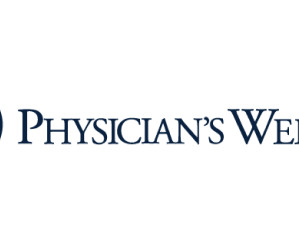
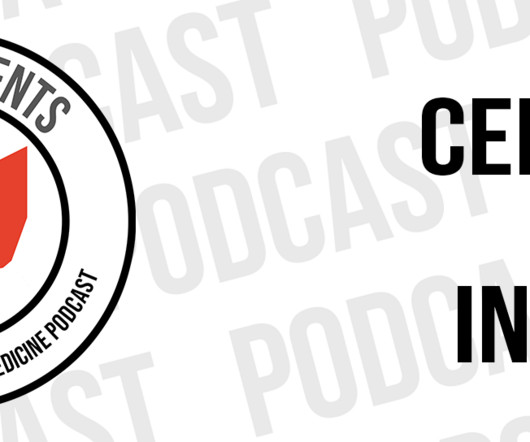
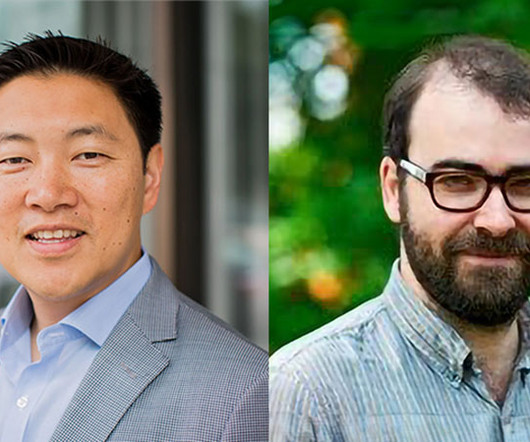
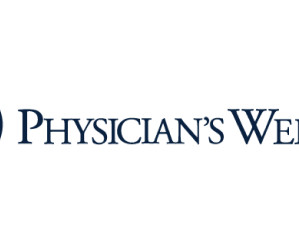
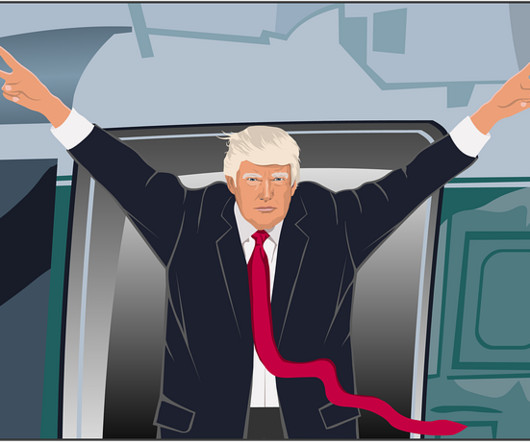






Let's personalize your content